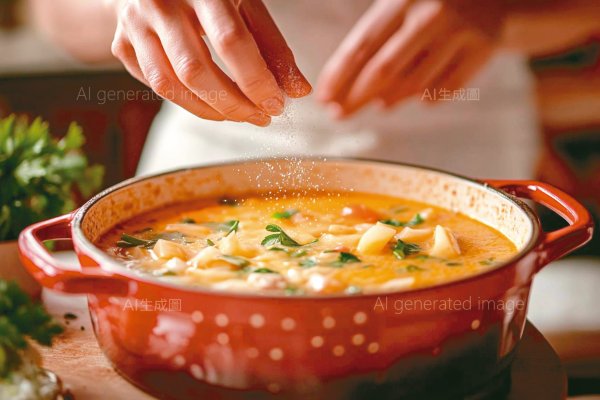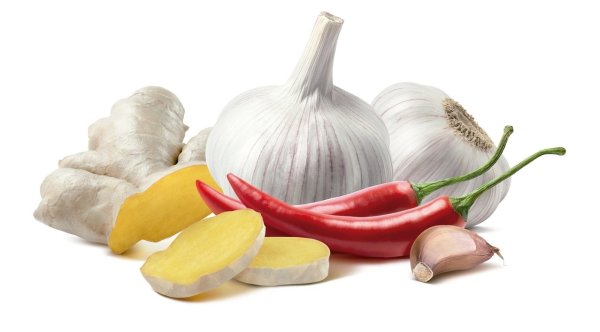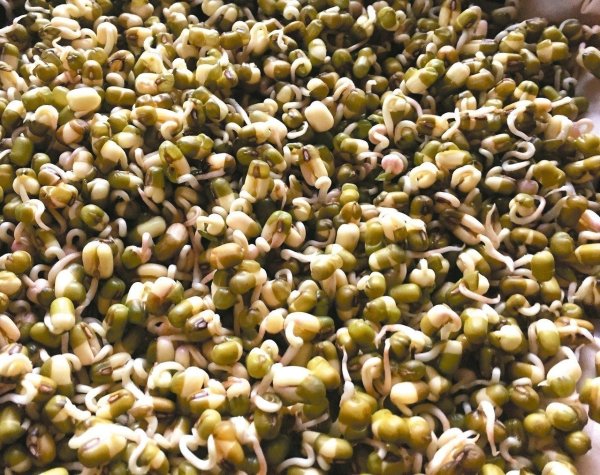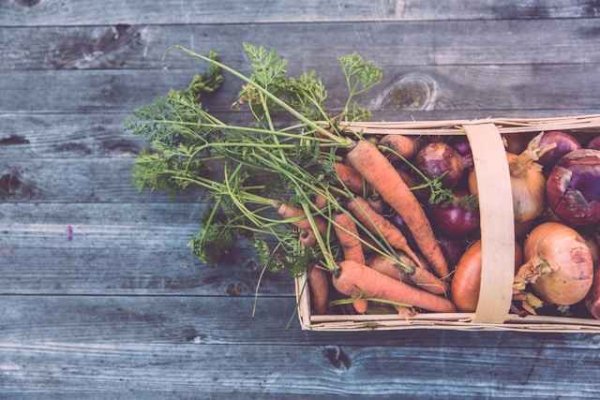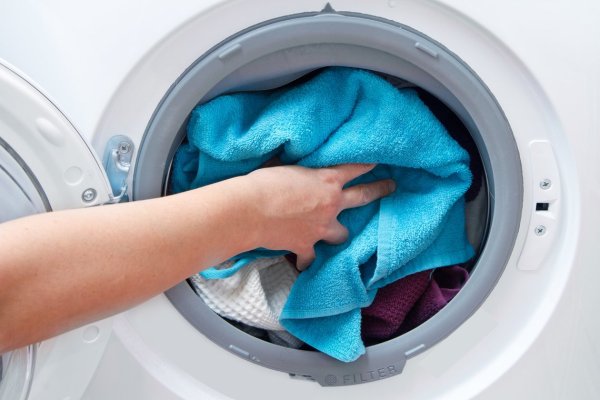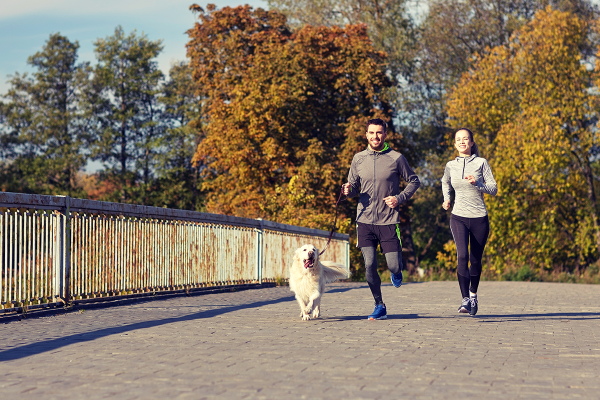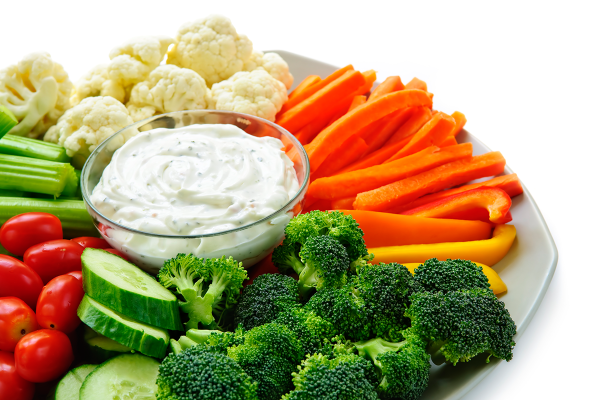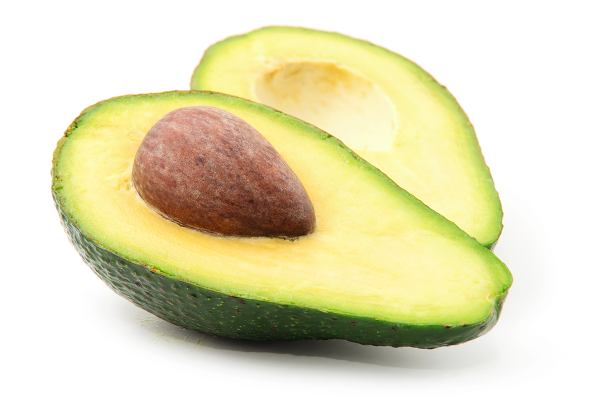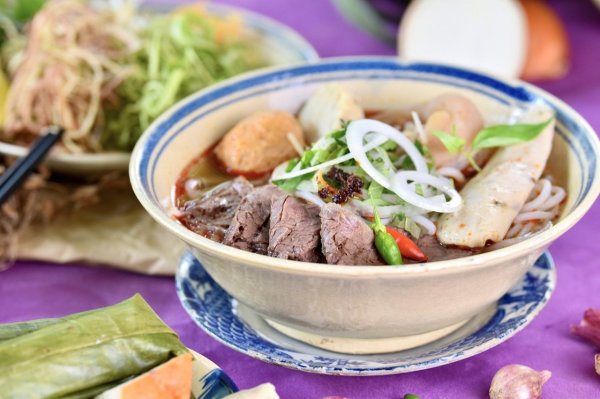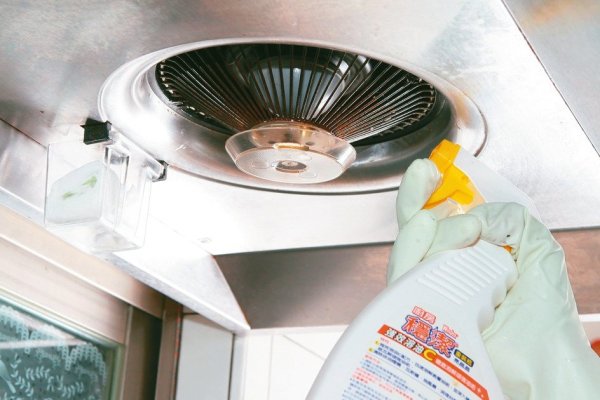Not all the leftovers are fine if you put them in the refrigerator! 5 types of leftover vegetables are not good for health, 5 principles for treating leftover vegetables
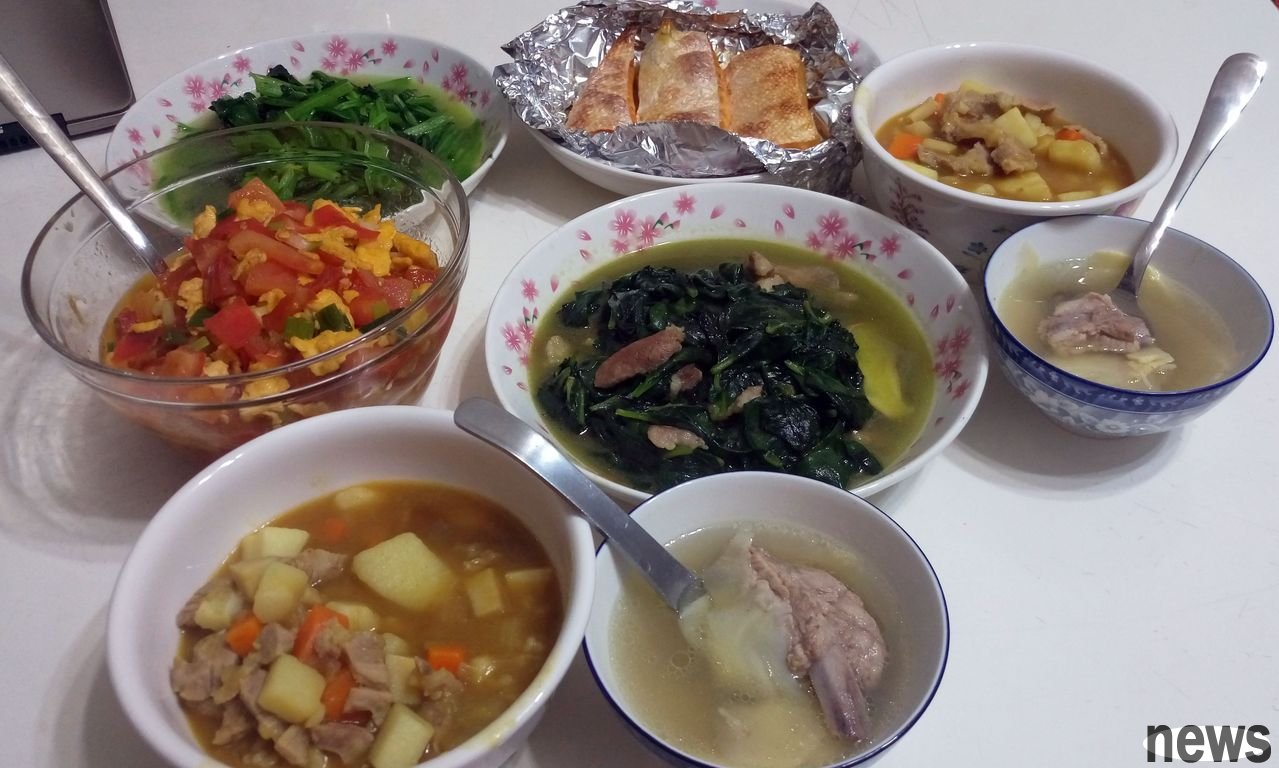
Recent food safety issues have been exploding, especially food poisoning incidents have attracted national attention. Not only foreign foodies should be careful to "get sick from their mouths". Many families often have endless leftovers. They should also be careful that if these "overnight dishes" are not properly preserved and heated repeatedly, they will easily produce bacteria and carcinogens, which will have great health hazards.
How to properly store leftovers? Huang Shuhui, a nutritionist at Taipei Postal Hospital, stressed that it is best to eat cooked dishes when you finish the meal. If you can’t finish it, you should put them in the refrigerator as quickly as possible to refrigerate within 2 hours. You don’t have to wait until it is cooled. However, before eating, the heat should be completely refrigerated above 70℃. The center temperature of the refrigerated food is above 65℃, and it will be eaten within two days.
Many people think that put leftovers in the refrigerator to save them and that the leftovers of leftovers have certain preservation methods, and the principle of heating is adjusted and the purpose of re-cooking and heating must be paid attention to avoid the production of bacteria and carcinogens and reduce the loss of nutrients. Huang Shuhui said that bacteria are prone to growth in an environment of 7 to 70℃, while refrigerators only have antibacterial and prolong bacterial breeding effects, and are not bacteria-killing. Therefore, the leftover vegetables that have been refrigerated must be completely heated before eating.
Huang Shuhui pointed out that red meat, ginger, fish meat, vegetables, rice, soups, etc. are commonly seen on the dining table in the home. If it is not refrigerated and placed at normal temperature for more than 1 to 2 hours, the food will easily change quality, producing problems such as toxins and bacteria, which will endanger your health.
5 leftover vegetables are not good for health. How to prevent them?1. Vegetables: Aya Salt Nitrate Additive Meals for freshly cooked
Leftover green leaves vegetables are not recommended to take them. Huang Shuhui said that green vegetables should be cooked in every meal and poured out if they can’t finish them. If you eat leftovers at noon and keep them within 5 or 6 hours, you must also finish them. Especially if you really don’t eat overnight vegetables again, because after adding heat to the leftover green vegetables, not only will they taste bad and lose nutrients such as vitamin C, but they will also continuously produce carcinogen "Aya Salt Nitrate". Eating too much will cause cancer and damage your body. To take a look, it is recommended to choose the root-locked vegetables.
2. Meat: The content of ginger increases. Cook it and save it.
The most common meat dishes left on the table are often cooked into a large pot of red meat, ginger, etc. with flavoring ingredients such as sauce, sugar, salt, etc. If you reheat it again and again, not only will it be added to the carcinogen of nitric acid, but it will also be too frequent, making the sauce or ginger more and more boiled, and the content of ginger will increase, which will be high on blood pressure and blood sugar. It is recommended that meat food be subpackaged first after it is cooked. Each pack is the portion you want to eat for a meal. It should be refrigerated for a week and heated to eat. It should be kept cold for a month.
3. Seafood: easy to produce bacteria and toxins. Seafoods such as fish, crabs, etc. are not tolerant, especially those with clams, crabs, etc. It is best to eat fresh foods while they are fresh. Leftover fish should also be eaten within one or two days to avoid the formation of amine, which is easy to change quality, produce bacteria and toxins, causing food poisoning, gastritis or erectile rashes, etc. It is recommended to keep the leftover seafood ice. When you want to eat it again, it will be warm again, or add some seasonings such as ginger, ginger, garlic, rice wine and other seasonings to kill and cook. It is another delicious seafood dish.
4. Rice type: Do not use electricity to keep warm. The leftovers of the previous day can be used to make the cold food of "resistant powder". The next day, it will be heated and eaten, suitable for obese people, the elderly, and diabetics. However, do not keep the rice cooked at noon in the electric pot and keep it warm (about 60℃) for dinner before eating, as this will increase the growth of bacteria. It is recommended that the leftover rice at noon should be even placed in the refrigerator for 2 hours and refrigerate or cool it directly. Then heat it back up and heat it up when you eat the next meal.
5. Soup products: Do not heat repeatedly to lose nutrients. Subcontract and save
Soup products such as chicken soup and rib soup have high oil content and are less likely to produce bacteria. Soups such as bamboo soups will easily become deteriorated and will be damaged after being left for a long time. However, many families will cook a large amount of soup and eat many meals. The nutrients are lost in large quantities and are no longer delicious. It is recommended to save them in subcontract and save each bag as the portion of a meal. You can also use chicken soup as the soup base, and then add other ingredients to cook a fresh soup.
5 principles for keeping leftover vegetables1. The refrigeration time of leftover vegetables should not be long. Green leaves should be eaten after meals. Leftover vegetables, meat or fish, etc. can be refrigerated in a fresh film or in a fresh box, and should be eaten within one or two days.
2. The leftovers do not need to be cooled until they are finally cooled, and they are put in the refrigerator within 2 hours.
3. After red or boiled meat is subpacked and refrigerated or refrigerated, the food can be heated by microwave or heated in water.
4. Different types of leftover vegetables should be stored in different containers to avoid the taste from mixing and changing quality, causing bacterial cross-infection.
5. Regardless of refrigeration or refrigeration, cooked and raw food should be stored separately to avoid bacterial interaction infection.


